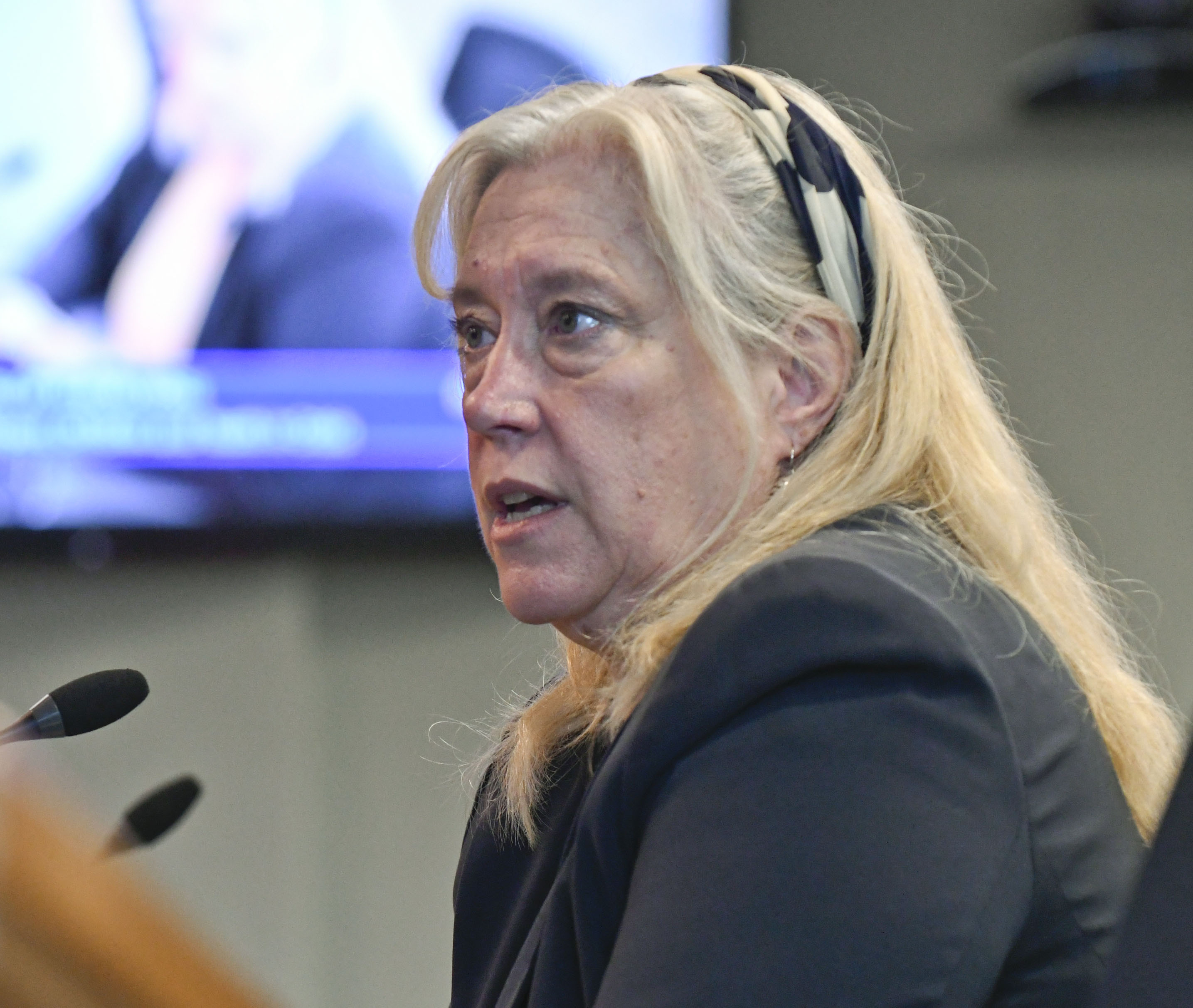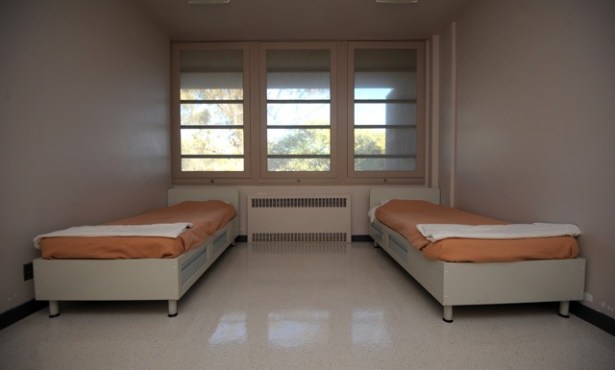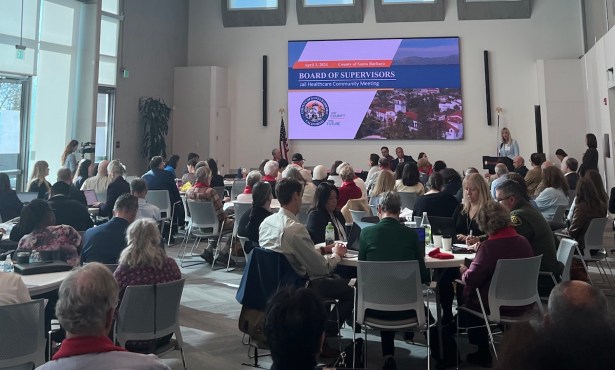Chasing Holy Grail of Psych Services for Kids
Response to Grand Jury Report Refines Psychiatric Facility Needs

If the “Holy Grail” is more psychiatric beds and a “more robust continuum of care” for those under 18 years of age, as County Supervisor Das Williams put it Tuesday, then the supervisors clearly have a lot more chasing to do. That was the upshot of the supervisors’ response to a recent Grand Jury report lamenting the acute lack of acute-care facilities in Santa Barbara County for children and youth in psychological distress.
The county has no inpatient psychiatric hospital to treat teen patients who pose an imminent threat to themselves or to others, nor are there any less-restrictive step-down beds where minors can receive short-term or extended residential treatment. Alice Gleghorn, director for county Behavioral Wellness, stated no plans for a hospital existed either because the demand is too small to justify the substantial expense. Since 2014, she noted, 320 minors were ordered to three-day involuntary holds, 54 in the last year. But before the patients were hospitalized, 20 percent of the orders were rescinded. The rest, she said, went to seven out-of-county psychiatric hospitals, Ventura’s Vista del Mar being the most well-known. A hospital operation could not be sustained on 40 patients a day, Gleghorn argued.
In its report, titled “Weathering the Storms of Mental Disorders and Emotional Disturbances,” the Grand Jury objected that shipping such patients out of the county was “restrictive, expensive and stressful for children, parents, and families and mental health care providers.” The Grand Jury pushed for Crisis Stabilization Units (CSUs) where minors in serious distress could seek relief before involuntary hospitalization became necessary. The county now has eight CSU bed spaces, but none are open to minors. Gleghorn argued CSUs were the wrong tool for the job, because they are only available up to 24 hours. Frequently, minors in crisis need more time than that, she added. To fill this need, Gleghorn unveiled the emerging development of what are known as STRTPs, or Short Term Residential Therapeutic Programs. These facilities can provide 30 days or more of residential treatment. This option would be more appropriate, Gleghorn argued, but only one currently exists. A couple of applications are close to final approval, but even these, Gleghorn cautioned, target very specific populations — such as sexually exploited teens — and may not be appropriate for a more general population.

Gleghorn’s comments to the board proved more sobering than her written responses to the Grand Jury report. For the past three years, she explained, state regulators have been rewriting the rule books for group homes serving psychologically fragile teens. The new rules require substantially more staffing than before. For many of the homes that might morph into STRTPs, “It has been a trying transition,” Gleghorn stated.
As for other changes recommended by the Grand Jury, Gleghorn said her department had already initiated them or was in the process of doing so by the time the report was released this June. Improvement to the call response times for those in crisis had been initiated, she said, as had getting crisis case workers out into the field for more face-to-face encounters. Psychological triage workers, she said, had been embedded in emergency rooms to expedite hospitalization or less-restrictive care for young patients. As for the Grand Jury’s complaint that no comprehensive information was available online directing family and friends of troubled teens to available help, Gleghorn flat-out disagreed. Her department’s website was designed, up, operating, and easily navigable when the report was written. “I don’t want anyone to tumble their way through this webpage while they’re dealing with a crisis,” she stated.
Supervisors expressed wary enthusiasm about the positive steps Gleghorn has taken to address the county’s looming mental-health crisis. Supervisor Gregg Hart said he wanted more numbers that demonstrate progress made in responding to crisis calls; Supervisor Steve Lavagnino opined, “I feel I need a resource map.” Supervisor Joan Hartmann asked, “Where are the gaps? Where are the needs yet?” Supervisor Williams stressed the continued need to “create more beds,” adding, “There’s a lot of work yet to be done.”




You must be logged in to post a comment.